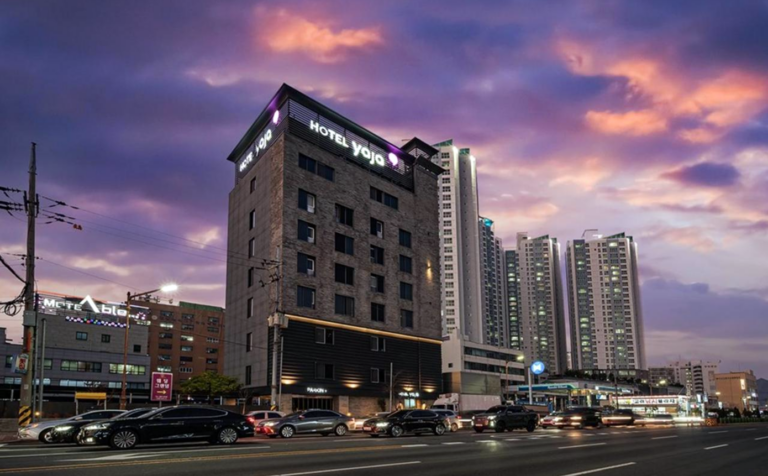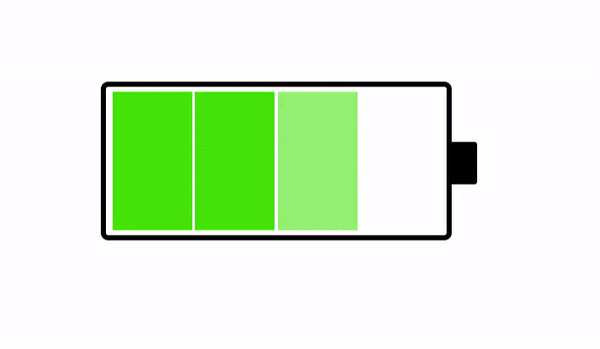The ‘Public Health Control Act,’ implemented in 1999 to replace the former ‘Public Health Act,’ is the most comprehensive regulation governing lodging businesses in Korea, widely applicable to various forms of lodging establishments. However, the scope of the ‘Public Health Control Act’ is somewhat narrower than the now-defunct ‘Public Health Act,’ which was abolished in 1999.
When the Public Health Act was first enacted in 1986, it included hotel business, timeshare business, yeogwan business, and yeoinsuk business. By 1998, just before it was replaced by the Public Health Control Act, it included hotel business, timeshare business, yeogwan business, farm yeogwan business, and yeoinsuk business. Additionally, hotel business and yeogwan business were subdivided into A and B grades. In other words, the initial Public Health Act broadly applied to the entire lodging industry, including what is now known as the tourist lodging business. However, with the implementation of the ‘Tourism Promotion Act’ in 1987, if a business plan for tourist lodging was approved pursuant to the Tourism Promotion Act, separate business registration under the Public Health Control Act was no longer required, thereby separating tourist lodging from general lodging.
Under the Public Health Control Act enacted in 1999, rural minbak and youth training facilities were excluded from the lodging businesses, and yeogwan business and yeoinsuk business were collectively referred to as lodging business. In 2012, with the separation of residential lodging business, the original lodging business was specified as general lodging business. However, until the amendment of the Building Act in 2013, yeogwans and yeoinsuks were still used as legitimate building uses, and general lodging properties and residential lodging properties were not separately distinguished. Meanwhile, the ‘Business Code – 10th Korean Standard Industrial Classification Link Table,’ used as the standard for business registration, still includes yeogwan business as one of the lodging business categories and does not clearly distinguish between general lodging business and residential lodging business.
Appendix 1 of the ‘Enforcement Rule of the Public Health Control Act’ prescribes the following facility standards for the lodging business.
- Residential lodging establishments must have cooking facilities and ventilation facilities or windows. If cooking facilities are installed indoors, fixed cooking facilities must be installed in each room or in a communal cooking area.
- Residential lodging establishments must have a bathroom or shower room in each room. However, a hostel business as prescribed under subparagraph M of item 2 of paragraph 1 of Article 2 of the Enforcement Decree of the Tourism Promotion Act may install shared bathrooms or shower rooms.
- A lodging business operated in part of a building must meet one of the following requirements: (i) the guest rooms are arranged on an independent floor; (ii) the number of guest rooms is 30 or more; or (iii) the floor area of the business premises is at least one-third of the building’s total gross floor area. However, taking into account regional conditions, metropolitan cities, special metropolitan cities, special self-governing cities, provinces, and special self-governing provinces may, by ordinance, relax and prescribe the standards for the number of guest rooms and floor area.
On the other hand, the term ‘motel’ has been most frequently used for general lodging establishments, rather than ‘yeogwan’ or ‘yeoinsuk,’ and recently, the use of ‘hotel’ in the establishment name has been increasing. This indicates that there is still a gap between the types of lodging establishments commonly recognized in the market and those legally classified, making it difficult to ensure market visibility. This discrepancy can lead to a misunderstanding between providers and consumers regarding the type of individual lodging establishments.


